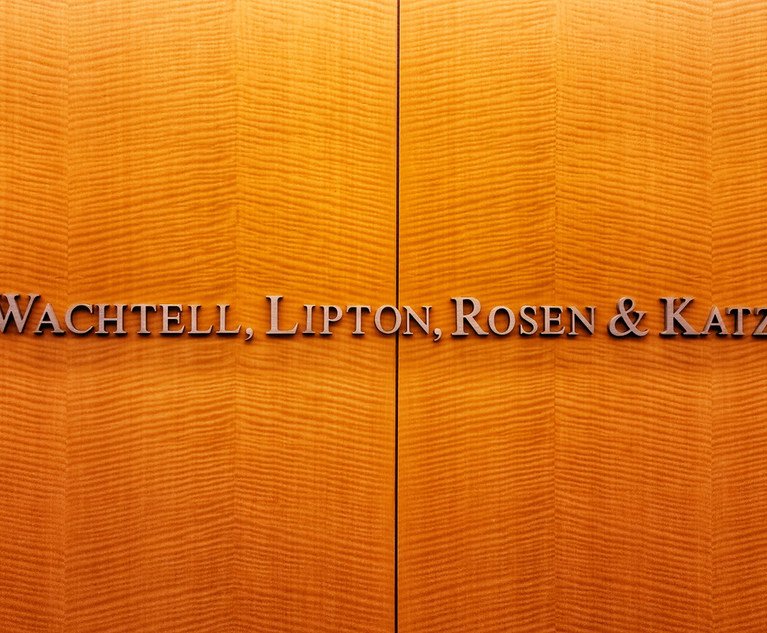The “billable hour,” often questioned by both attorneys and clients, but for different reasons, has long been the most accepted way for attorneys to charge their clients for legal services, especially civil defense attorneys. This fee-for-service model is simple and familiar. Clients in need of legal services retain law firms, who work on the clients’ cases and then bill them for the amount of time it took to complete various tasks. Attorneys and staff members are billed at different hourly rates, depending on their experience. Clients pay the law firms for the time spent litigating their case. Simple and straightforward, the billable hour model may always be the “norm” for service-based industries, such as attorneys, architects and accountants.
However, this is far from the only pricing model available. Some clients prefer, and benefit from, an Alternative Fee Arrangement (AFA). AFAs are broadly defined as “a fee plan that is anything other than straight, unlimited billing by the hour.”1 Accordingly, when we talk about AFAs, we are really talking about alternatives to the long-standing billable hour pricing model. One type of AFA is the flat or fixed fee arrangement common to transactional attorneys when drafting wills or representing clients during real estate closings. These arrangements are defined as a “set fee for an entire matter or specified portion of a matter.”2






